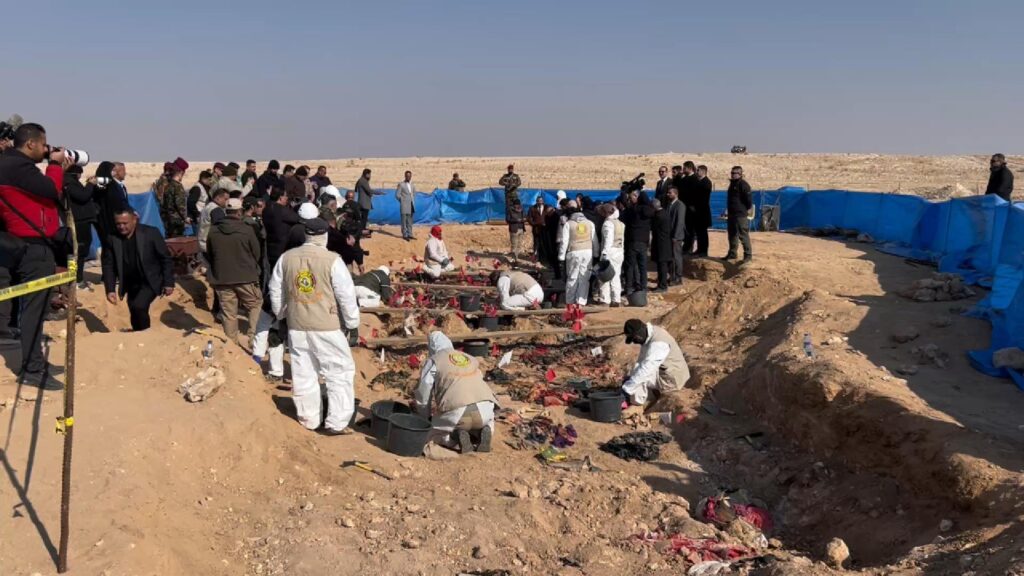Election losses can begin to unravel totalitarian Turkey

This is, however, exactly how they described every Turkish election since 2004 (the first election following the AKP win of 2002). Cynics might wonder what will change with this election, or whether the ruling party of the last sixteen years will even allow electoral results to go against it. Changes to voting laws a few years ago – particularly the removal of the requirement that ballots have a validation stamp to be considered legitimate – significantly widened the scope for malfeasance. If electoral results force AKP authorities to engage in widespread ballot rigging, however, that in itself would serve as a defeat of sorts – assuming that the wider the scope of malfeasance, the higher the likelihood that it becomes obvious to all.
Kurdish voters might also wonder what the point of the election is if Mr. Erdogan uses his post-2016 emergency powers to remove mayors he doesn’t like from office. In February he promised to do just that, saying he would “not hesitate” to remove HDP mayors again if they are reelected. In the past few years, Mr. Erdogan already removed and arrested around one hundred elected People’s Democracy Party (HDP) and Democratic Union Party (BDP) mayors, replacing them with “trustees” (AKP loyalists). These “trustees” promptly removed municipal signs and services in Kurdish, Assyrian, Armenian and other languages, closed schools with Kurdish language offerings and cancelled Kurdish festivals and art exhibits, among other things.
Some wonder why they would vote at all if Mr. Erdogan can just throw out their chosen representatives at will? In such circumstances, elections no longer serve as a genuine plebiscite to choose one’s political representatives. Rather, they serve to offer totalitarian state leaders an oath of loyalty from the citizenry and a veneer of democratic legitimacy.
This is exactly why those tired of or unhappy with Mr. Erdogan’s rule need to vote, however, and why the ballot remains important. Whereas authoritarian regimes satisfy themselves with a citizenry that stays home and remains politically quiet, totalitarian ones demand a mobilized, politically active and absolutely loyal population behind them.
Piercing the illusion of enthusiastic and majority support for such regimes serves as the necessary first step to ending their monopoly on political power. If the totalitarian regime loses a single election or must intervene to massively and obviously rig ballot results, the jig is up. This is why this week’s election, like all the elections under AKP rule since at least ten years, is indeed so important.
Judging by the growing popular discontent over Turkey’s economy, which sank into recession this year, the ruling party has reason to worry. Despite predictable attempts to distract people from economic issues (Mr. Erdogan even recently bizarrely claimed that the New Zealand mosques shootings represented an attack on Turkey that his government would valiantly counter), a significant number of long-time AKP voters may only care about economics now. People care about feeding their families more than events in Syria or New Zealand. The price of basic foods in Turkey rose some 30 percent in the past year — a consequence of the AKP’s abandonment of local agriculture combined with the lira’s recent slide in value and the resultant increase in imported food costs.
Under such circumstances, totalitarian regimes may find it increasingly difficult to whip up popular enthusiasm for their grandiose societal projects and exercises in political power. A single lost election can spell the beginning of the end for such regimes.
David Romano has been a Rudaw columnist since 2010. He holds the Thomas G. Strong Professor of Middle East Politics at Missouri State University and is the author of numerous publications on the Kurds and the Middle East.
The views expressed in this article are those of the author and do not necessarily reflect the position of Rudaw.

